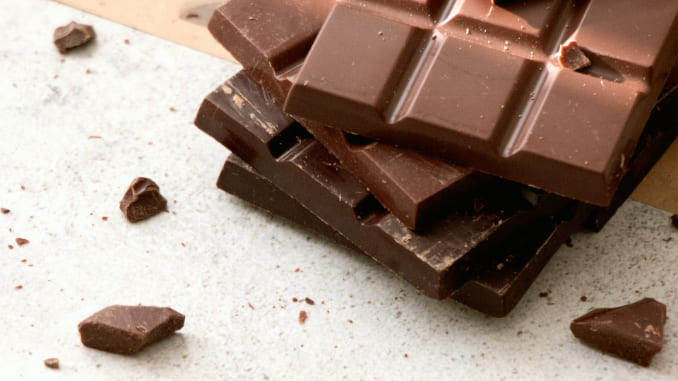How Sweet Is Your Chocolate?
Photo by Tetiana Bykovets/Unsplash
Well-made chocolate, whether milk, dark or in some form of confection, should be one of the most straight-forward pleasures of life. That delight is diminished by the realities hiding behind some of the world’s most popular and accessible brightly wrapped treats. Child labor and irresponsible farming practices are rife in an industry nominally made for children to enjoy the sweeter side of life.
Child welfare advocates like International Rights Advocates (IRA) say that an alarming amount of chocolate available in the U.S. was made with child labor. After Hershey, Nestle and Cargill won a dismissal of the suit brought by eight citizens of Mali who sought to hold the companies liable for child slavery on Ivory Coast farms, the IRA filed a federal lawsuit asking a judge to force the Biden administration to block imports of cocoa harvested by children in West Africa. About 70 percent of the world’s cocoa supply is grown in West Africa.
The organization filed the suit claiming that U.S. Customs and Border Protection and the Department of Homeland Security have ignored evidence of children at work on cocoa farms. Child labor is an acknowledged issue in the industry.
One study commissioned by the U.S. government and completed by the University of Chicago found that more than 790,000 children were working on cocoa farms on the Ivory Coast.
Most large scale chocolate companies (including the ones named in the suit) promised to stop relying on child labor by 2005; since then, they claimed they would put a halt to the most egregious forms by 2025.
And unethical labor practices aren’t the only dirty secret your favorite chocolate treats may be harboring. The Ivory Coast and Ghana have lost 94 percent and 80 percent of their forested land, respectively, with at least one-third of that being blamed on the expansion of cocoa production.
“Poverty is driving both child labor issues and irresponsible farming,” says Kerry Daroci, cocoa lead at the Rainforest Alliance, a nongovernmental organization advancing sustainability in food and agriculture. “So much of the world’s chocolate comes from Ghana and the Ivory Coast, and smallholder family farmers bear the brunt of price fluctuations while having very little power and no safety net.”
The climate crisis, which Daroci says is increasing the incidence of pests in diseases on cocoa farms, is negatively affecting harvests, which causes many of these smaller farmers into the forests seeking new land for cocoa cultivation.
For those who love human rights and the environment just as much as they love their squares of chocolate bliss, there are some more ethical options on the market to try.
Divine Chocolate: Global Ethical Chocolate Pioneers
UK-based Divine Chocolate was one of the pioneers of the mission-driven ethical chocolate movement. Now celebrating its 25th anniversary, Divine Chocolate is a farmer-owned, B Corp and Fair Trade-certified maker of chocolate that feels as good to eat as it tastes. (And it is available across the world in specialty markets and large-scale chains like Whole Foods.)
Troy Pearley, executive vice president and general manager of Divine Chocolate North America, explains that cocoa farmers in Kuapa Kokoo, Ghana, founded the company in 1998 in a bid to ensure “clear labor practices, protect the rights of tenant farmers and empower women to participate fully in the cooperative and be more involved in their communities.”
-

-

-

-

-

-

-

-

-

-

-

-

-

-

-

-

-

-

-

-

-

-

-

-

-

-

-

-

-

-

-

-

-

-

-

-

-

-

-

-








































